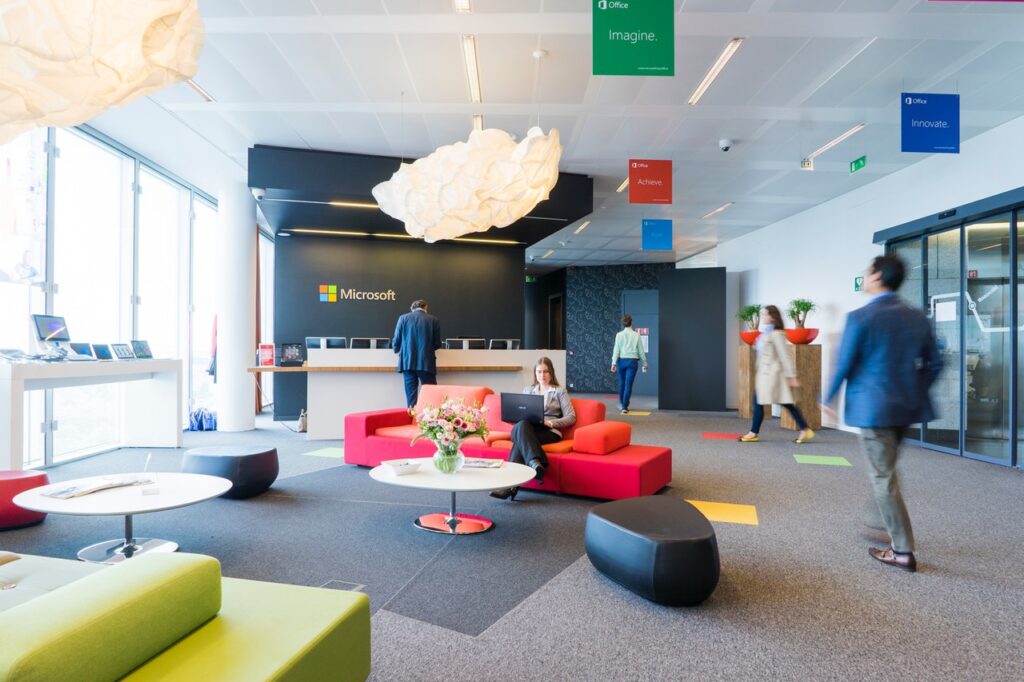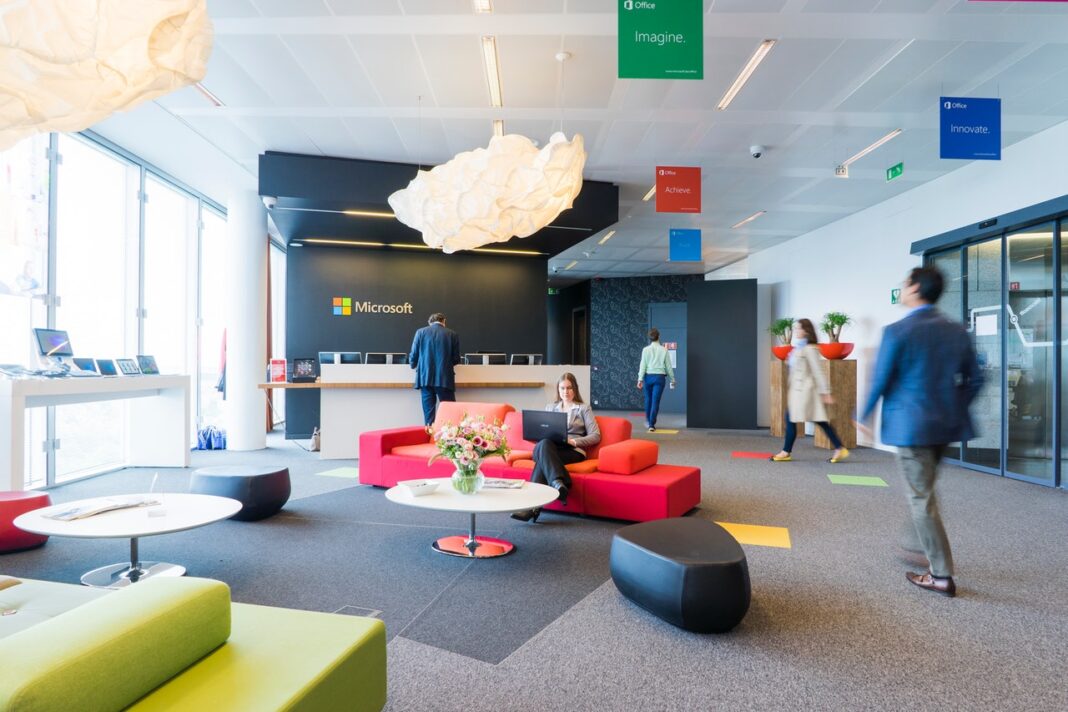Without proper budgeting, a business will never be able to survive, let alone reach its growth potential.

One of the most important aspects of successfully budgeting is watching your cash flow.
This guide is here to help you understand all of the outgoing expenses you need to consider when creating your business budget.
Real Estate Costs
Whether you are working from an office, a studio, or a warehouse it is likely that you are going to incur some form of real estate expenses.
These can include:
- Mortgages: Business owners that have bought a building or office space with a mortgage will need to factor in mortgage repayments.
- Building rent: If you are renting your working space then you will need to deduct these costs from your monthly budget.
- Other associated costs: These include council tax, building fees and upkeep costs.
Utilities
The second cost that you have to consider when creating your office budget is utilities. You will need to factor in the cost of electricity, gas, water and any other utilities in your budget, such as whether you would like to have commercial air conditioning installation.
Utilities can take a large amount from a small business budget but there are ways to getting these costs down.
As businesscomparison.com explains, a business can save a large amount of money on their utility bills when they compare prices for the best deal.
Equipment, Machinery and Office Supplies
The next cost you will have to consider when creating an office budget is expenses associated with equipment machinery and office supplies.
Before every budget, you will need to find out if you need to purchase any additional equipment machinery or office supplies and budget accordingly.
It is not only the purchasing of new equipment, machinery or office supplies that can drain your budget but their upkeep, too. You should keep a record of when your equipment, machinery and office supplies were last checked and maintained.
You should try and keep some money in the budget in case any of your machinery or equipment breaks down.
Travel Expenses
You will also need to consider travel expenses in your business budget.
This can be your employees’ travel expenses that they incur travelling to or from work or going on a business trip.
It might also be the travel expense incurred from moving supplies or products. You will need to consider the cost of fuel, tax for the vehicle and maintenance.
Business Insurance
Business insurance is designed to protect your business in case of an emergency.
It is important that you factor the cost of your business insurance into your budget to ensure that you continue to benefit from its coverage.
Wages and Salaries
You will need to add in your employees’ wages and salaries into your budget to ensure that you are always able to pay your staff on time.
Regularly paying staff late can have a big impact on how they feel about the business.
Studies have also found that regularly paying your employees late can actually affect their mental and physical health. It is vitally important that you pay your staff on time.
